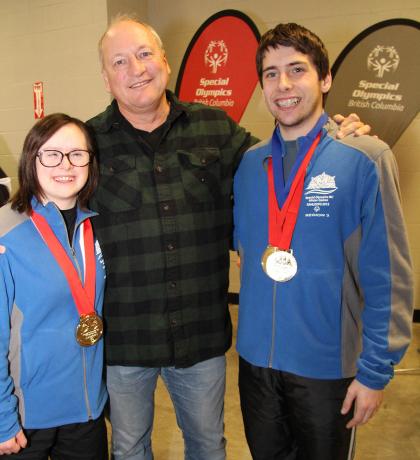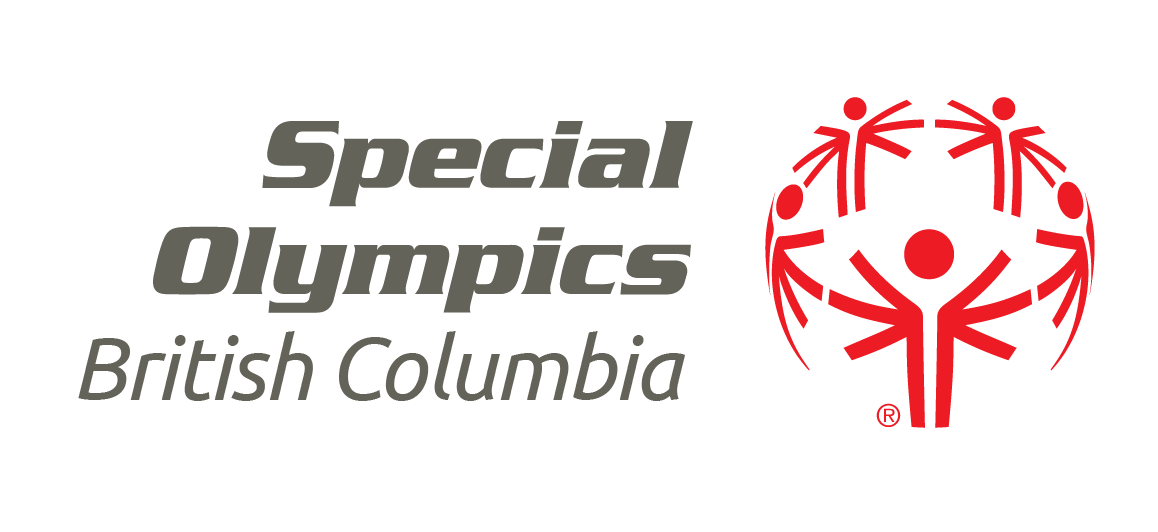
By Jacques Thibault, Special Olympics BC Sport Consultant
Jacques Thibault, an internationally recognized training and speed skating expert with a Master’s degree in science, works with Special Olympics BC athletes and coaches to help empower them to be their very best.
Psychological factors, or the state-of-mind of an athlete, affects their training and competition results.
A Special Olympics athlete may experience his/her best race during competition because of their excitement. Experiments have demonstrated a person’s strength increases under the influence of hypnotic suggestion. It is thought that most people usually operate at a level of neural inhibition that prevents them from expressing their true strength capacity.
During the excitement of intense competition, or hypnotic suggestion, inhibition is removed, motor neurons are optimally recruited, and an apparent "super maximal” performance can be attained. Highly trained athletes in many sports create an almost self-hypnotic state by intensely concentrating or “psyching up” before a competition.
There is an optimal amount of arousal to affect performance. If the arousal is too high or too low, performance may decrease. Different types of competitions stimulate different types of demand on athletes. The psychological preparation is so different that specific qualities must be developed for optimal results.
It has been observed that top athletes possess intelligence, stability, independence, and introversion. These psychological characteristics will be required for Special Olympics athletes to train and competes to reach their full potential.
In general, psychological interventions are divided into the following areas:
Motivation
Motivation is the foundation of training and competitive efforts. The desire or motivation is internally driven. An athlete relies on him or herself for motivation and not on others or external factors. An SO athlete must learn and accept to take responsibility for their results and training. Athletes are not “made to go training” put choose to train and get better.
Awareness
SO athletes need the capacity to be aware of their performance levels to progress. Using personal bests and training always to improve them is a fundamental aspect of sound preparation for competitions.
Self-Confidence
Having the confidence in his or her performance capabilities either for racing or training is a fundamental quality necessary for success. Knowing what performance level is possible because of constant training times, for example, will provide a solid base for self-confidence at a given competition.
Interpersonal Relations
Effective communications with others and good working relations with partners can significantly affect an athlete performance level. In general, when a group of athletes train toward a common goal together, training level and overall performances are increased.
An adequate psychological program will prepare skaters to “perform on demand” when basic skills are well tuned. In general, this is accomplished using professional help as many different techniques can be unique to each. SOBC includes psychological training techniques in performance and Regional training camps for this purpose. With the right motivation, training partners, performance awareness, self-confidence and the proper mental training technique, SO athletes will be ready for personal best performances at Provincial Games.
